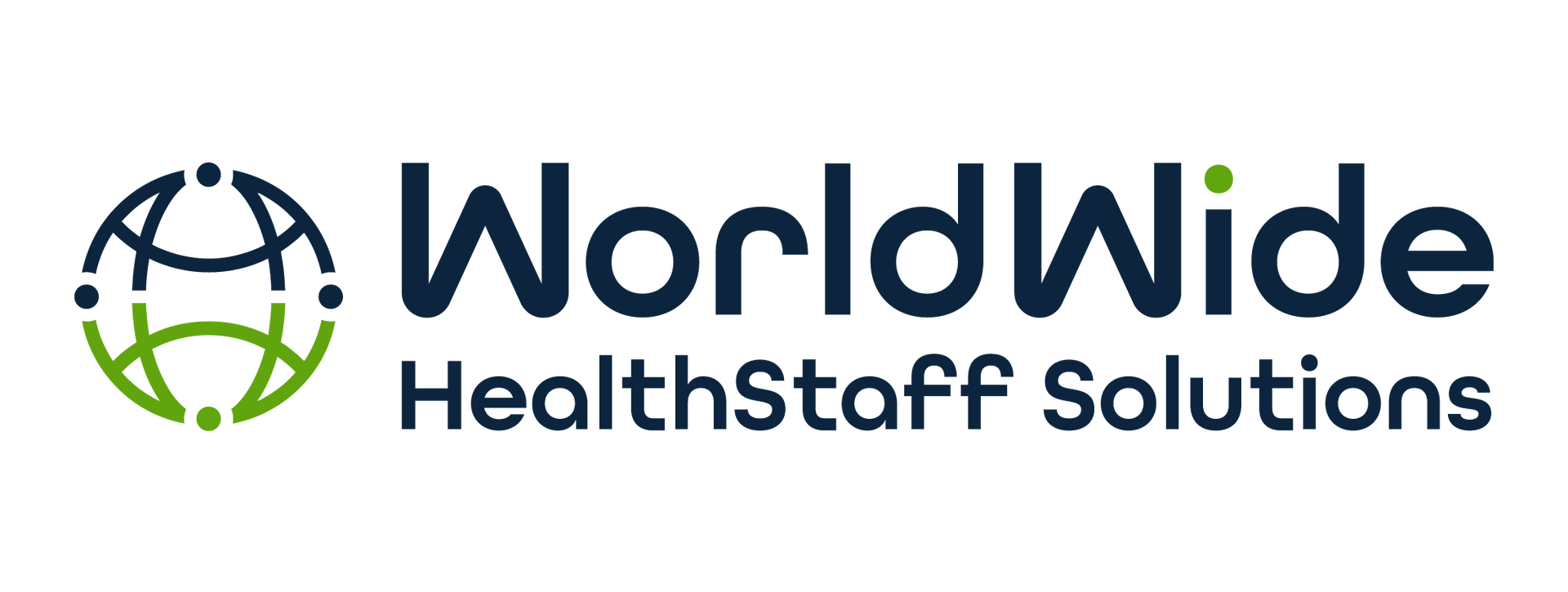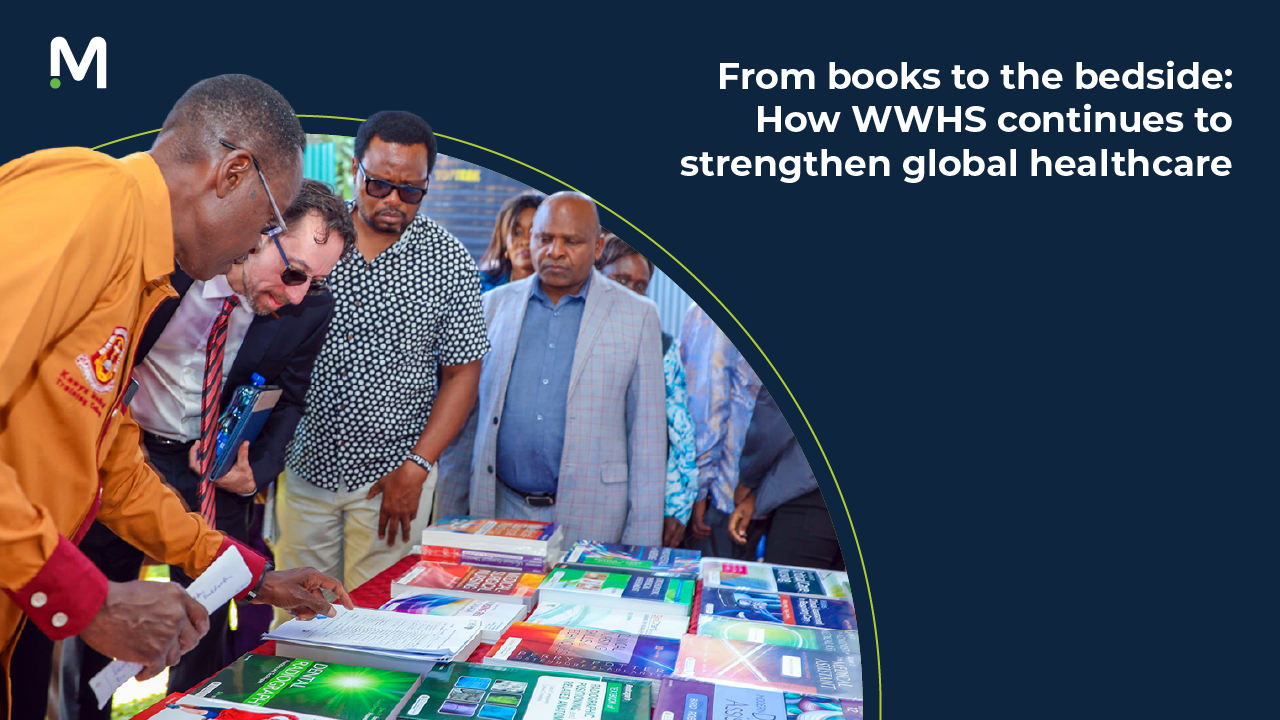by Ann-Rose Johnson-Lewis, Director of Legal Services, Attorney at Law, Licensed in NC & NY • February 21, 2025
U.S. Immigration: Changing Dynamics and What It Means for Healthcare Employers
The U.S. immigration landscape is evolving rapidly, especially within the healthcare sector, where international professionals play a critical role. Recent executive orders and policy shifts have raised important questions for employers looking to hire international healthcare professionals. In this blog, we will break down the latest immigration updates, their implications, and provide insights into what healthcare employers should expect moving forward.
Understanding Presidential Executive Orders
Presidential Executive Orders (EOs) are directives issued by the U.S. President to manage federal agency operations. While they influence how existing laws are applied, they do not create new laws. Every U.S. President has used executive orders to shape national policy, including immigration regulations that directly impact businesses and hiring practices.
Key Executive Orders Affecting Immigration
Several executive orders have been issued that impact U.S. immigration policies. For healthcare employers, here are the most relevant updates to be aware of:
- National Security & Terrorism Scrutiny – Increased screening for applicants from specific high-risk countries, potentially resulting in longer processing times for certain employees.
- Birthright Citizenship Changes – An attempt to end automatic citizenship for children born to non-citizens in the U.S. (currently facing legal challenges). As of the writing of this blog, a nationwide injunction against this executive order was issued by a federal judge.
- Border Security Measures – Deployment of additional resources to secure the U.S.-Mexico border, impacting certain immigration processes.
- American First Trade Policy – Potential impacts on TN visa holders from Canada and Mexico.
- Illegal Entry & Unlawful Presence Crackdown – Stricter enforcement of existing immigration laws, which could affect the status of employees.
- Asylum & Refugee Program Adjustments – This change has not directly affected employment-based immigration but may affect broader immigration policy.
- Rescinding Previous Immigration Policies – Reversal of some executive orders from the prior administration, which could lead to shifting immigration policies that could affect H1B Visas.
How These Changes Affect Healthcare Employers
Processing Times for Employment-Based Visas
Healthcare employers seeking to hire international talent should be aware that EB-3 visa processing—the category commonly used by nurses and healthcare professionals—remains largely unchanged. However, the Visa Bulletin is currently processing applications received on or before January 1, 2023. This will affect candidates from certain countries due to the high demand for visas.
Key factors affecting processing times include:
- Supply and demand: With more applicants than available visas, processing times could lengthen.
- Country-specific quotas: Countries with high numbers of applicants face longer wait times due to higher demand.
- Annual visa limits: The U.S. issues a total of 140,000 EB-3 visas annually, which means employers may need to plan accordingly for staffing shortages. These visas are allocated annually on October 1.
Birthright Citizenship and Family Concerns
- For now, the executive order attempting to end birthright citizenship has not taken effect due to legal challenges. Employers don’t need to worry about this issue affecting their employees who have green cards or valid work visas. Under the 14th Amendment, US Citizenship is conferred to “all persons born or naturalized in the United States, and subject to the jurisdiction thereof, are citizens of the United States and of the state wherein they reside.” Until and unless the 14th Amendment is changed, regardless of the immigration status of birth parents, all persons born in the United States are citizens therein.
Deportation Concerns for Legal Residents
- Legal permanent residents (green card holders) and individuals with temporary work visas are not at risk of deportation unless they commit certain crimes, and/or violate the terms and conditions of their immigration visa. Healthcare employers should be aware that employees can face deportation under certain circumstances, such as committing a certain crime or failing to meet residency requirements. It is therefore important that legal permanent residence and temporary work visa holders be vigilant and comply with federal and state laws.
Employer Abandonment of Visa Applications
- Employers should be aware that some candidates may fear the risk of their employer abandoning their visa petition due to long processing times. While employer abandonment is a possibility, it’s important to note that if an employee's I-140 petition is approved, the priority date remains valid and can be transferred to a new employer. This flexibility may help maintain the timeline for acquiring the necessary workforce, even if the wait for visa approval is longer than expected.
Travel Ban Speculations
- While some employers have expressed concern about the potential for a travel ban on employment-based visa applicants, there is no official travel ban in place at this time. However, heightened scrutiny may apply to candidates from certain countries. Employers can help mitigate delays by ensuring that all documentation submitted in support of a visa application is accurate, transparent, and complete to avoid unnecessary hold-ups.
Why Healthcare Employers Should Remain Optimistic
Despite the uncertainties created by shifting immigration policies, there are strong reasons for employers in the healthcare sector to remain optimistic about their ability to hire international talent:
- Ongoing Demand for Skilled Healthcare Workers – The healthcare sector in the U.S. continues to face shortages in critical areas like nursing, making international hiring a necessity for employers looking to fill these roles.
- Pro-Business Policies Supporting a Strong Workforce – The need for skilled workers, particularly in healthcare, has garnered strong support from U.S. employers who continue to advocate for the expansion of visa programs to meet labor shortages.
- Critical Nursing Shortages – The U.S. is grappling with a severe nursing shortage, with demand for skilled nurses remaining high. International healthcare professionals are essential to meeting this need and addressing workforce gaps.
Conclusion
Despite the evolving immigration policy landscape, healthcare employers still have significant opportunities to hire qualified international professionals to fill essential roles. By staying informed about changes in U.S. immigration law, remain compliant with the requirements, and ensuring clear documentation for all visa applications, healthcare employers can continue to address staffing needs and remain competitive in an increasingly complex hiring environment.
For the latest updates and expert guidance on U.S. immigration and healthcare staffing, stay connected with Worldwide Health Staff Solutions. We’re here to help you navigate the changing dynamics of immigration and support you in building a strong healthcare team.
Need more insights on International Direct Hire? Follow us on YouTube and LinkedIn for expert webinars and real-time updates!









